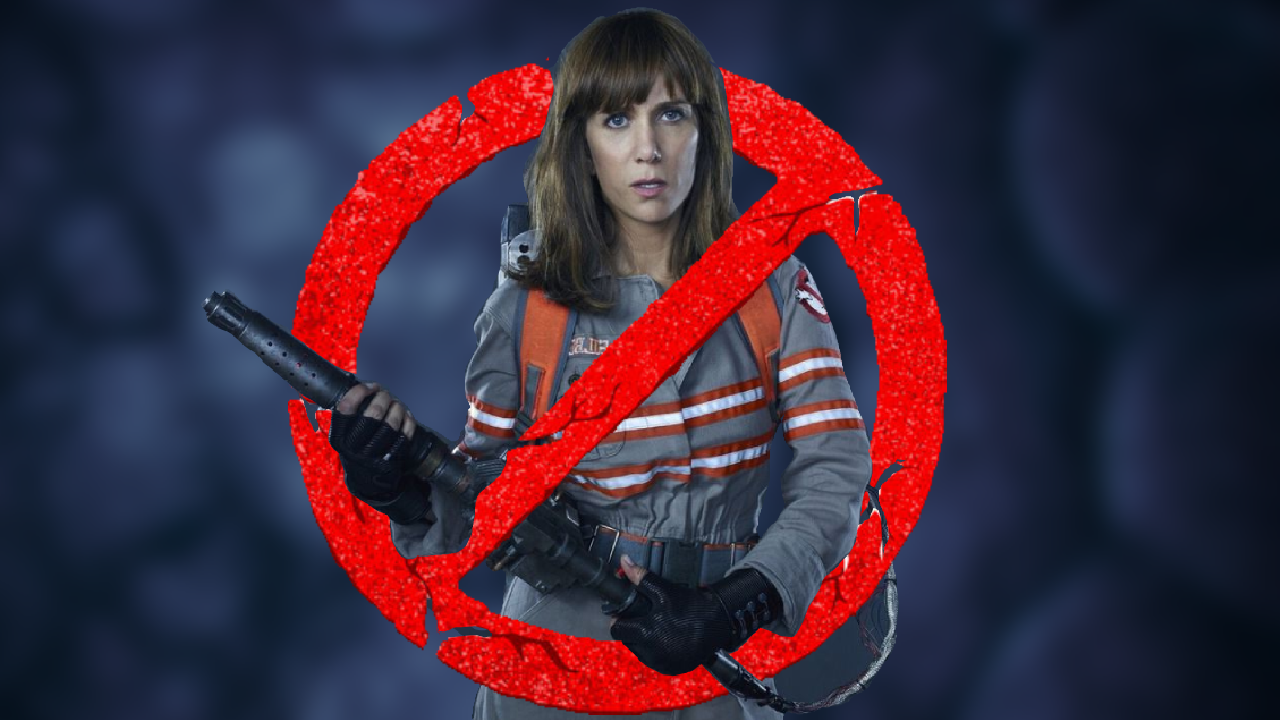Why does Hollywood keep rebooting old hits – and why do so many flop? Let's take a look at trends and the example of Gossip Girl. Because its failed revival says it all.
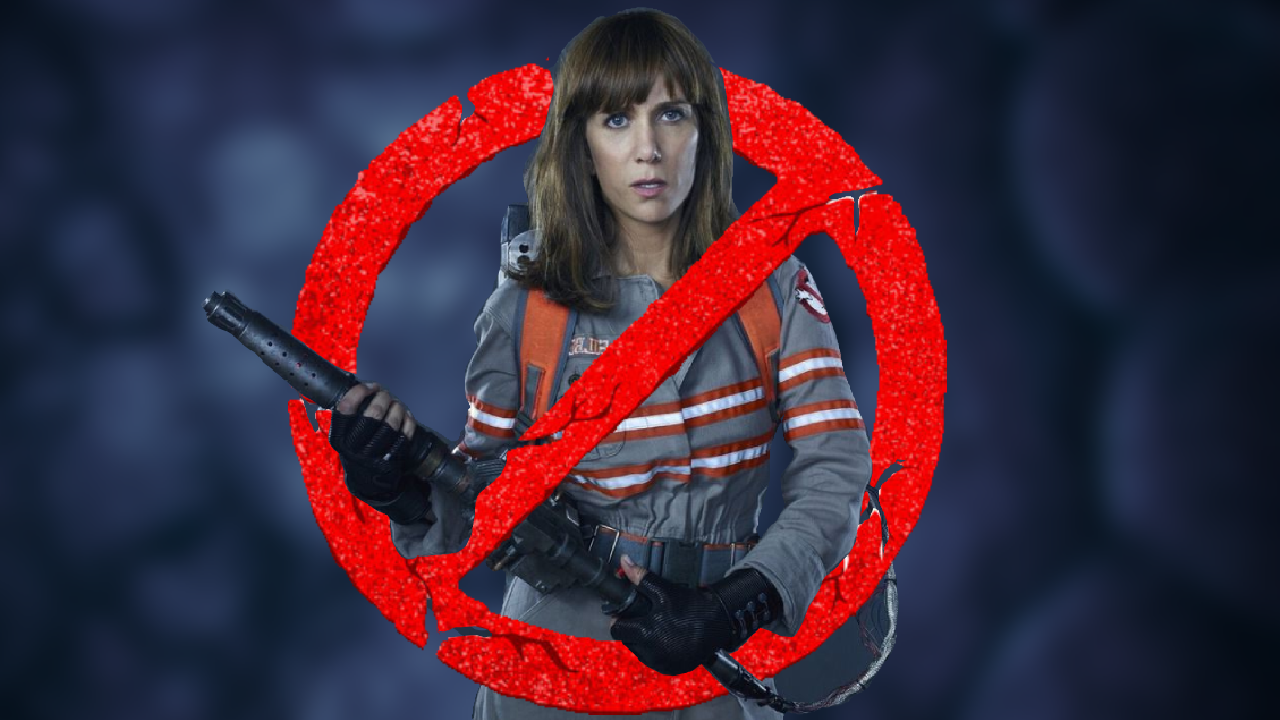
It seems like everything old is new again. From fashion and cars to home décor and tech, nostalgia is being repackaged and resold. And nowhere is this more evident than in Hollywood’s love affair with reboots.
Why Hollywood Keeps Digging Up The Past
Studios reboot franchises for a simple reason: it’s safer and more financially profitable.
Major studios prioritize projects based on marketability and existing intellectual property rather than originality, often sidelining riskier, new ideas from lesser-known creators.
A known title comes with an existing fanbase, built-in brand recognition, and easier marketing. Whether or not a reboot is good, someone will watch – out of curiosity, nostalgia, or loyalty.
Then there’s the emotional currency of nostalgia. From retro-inspired Adidas drops to the return of trinkets from our childhoods, nostalgia is everywhere. It’s not just a marketing strategy – it’s a way of connecting emotionally. Reboots, especially those aimed at Millennials and Gen Xers, tap into memories of comfort, joy, and simpler times. But this is where the danger lies: nostalgia without purpose is just a hollow echo.
It also fits neatly into the growing push for franchise building. A reboot isn’t just a one-off film anymore, it’s a launchpad for spin-offs, sequels, theme park rides, and merchandise. Think Jurassic World or Star Wars post-Disney: recognizable, profitable, and endlessly expandable.
The Reboot Trap: Why Many Fail
Reboots often fall into a familiar set of traps. They attempt to ride the nostalgia wave while making things “hip” for modern audiences. And in doing so, lose both the heart of the original and the appeal to new viewers.
Take The Lion King (2019): visually stunning, but emotionally flat. Or The Matrix Resurrections (2021): divisive in tone, missing key characters, and offering little new to the universe. Even Ghostbusters (2016) and The Mummy (2017) struggled with tone and identity, unable to recapture the magic of their predecessors.
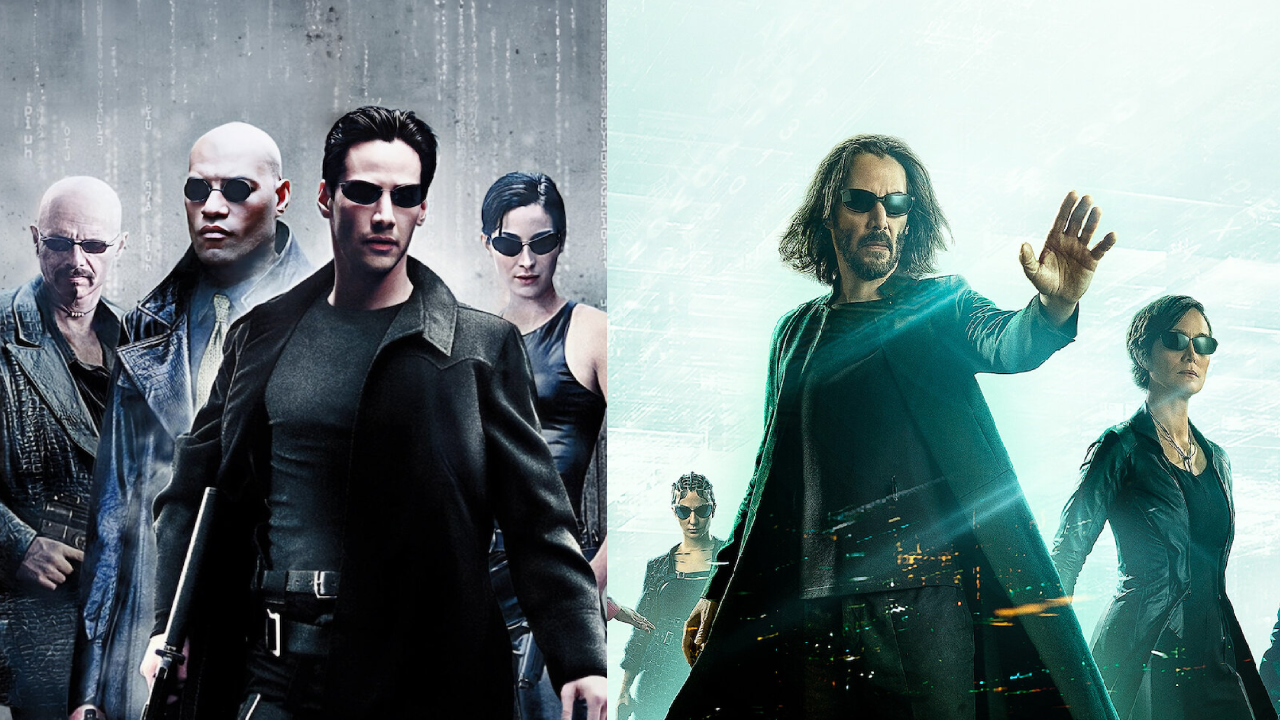
The problem? Many reboots:
- Misunderstand what made the original work in both tone and cultural context. This disconnect is often because the original creators aren’t involved, and new writers lack the insight or lived experience to capture the essence.
- Feel formulaic and overproduced, with studios prioritizing marketability over creativity. Despite the financial logic, many reboots struggle creatively. They attempt to marry nostalgia with a “hip,” modern sensibility but lack a clear vision, leaving audiences disappointed.
- Fail to introduce a compelling reason to exist. Simply said – Why would we need a reboot, if the original plot leaves no room for expanding ideas?
- Disrespect legacy characters or drastically alter core dynamics, alienating fans. Familiarity becomes a double-edged sword: while fans love the original characters, they also hold tight expectations about how those characters should behave. Audience parasocial relationships with characters mean fans can react very negatively to changes, which puts creative teams in a tough spot.
The Gossip Girl Reboot: A Case Study in Misunderstanding The Assignment
The original CW series wasn’t just a teen drama – because of its clear insight into the audience and directive choices it became a cultural phenomenon.
In contrast, the Gossip Girl reboot, launched in 2021, highlights many common reboot pitfalls.
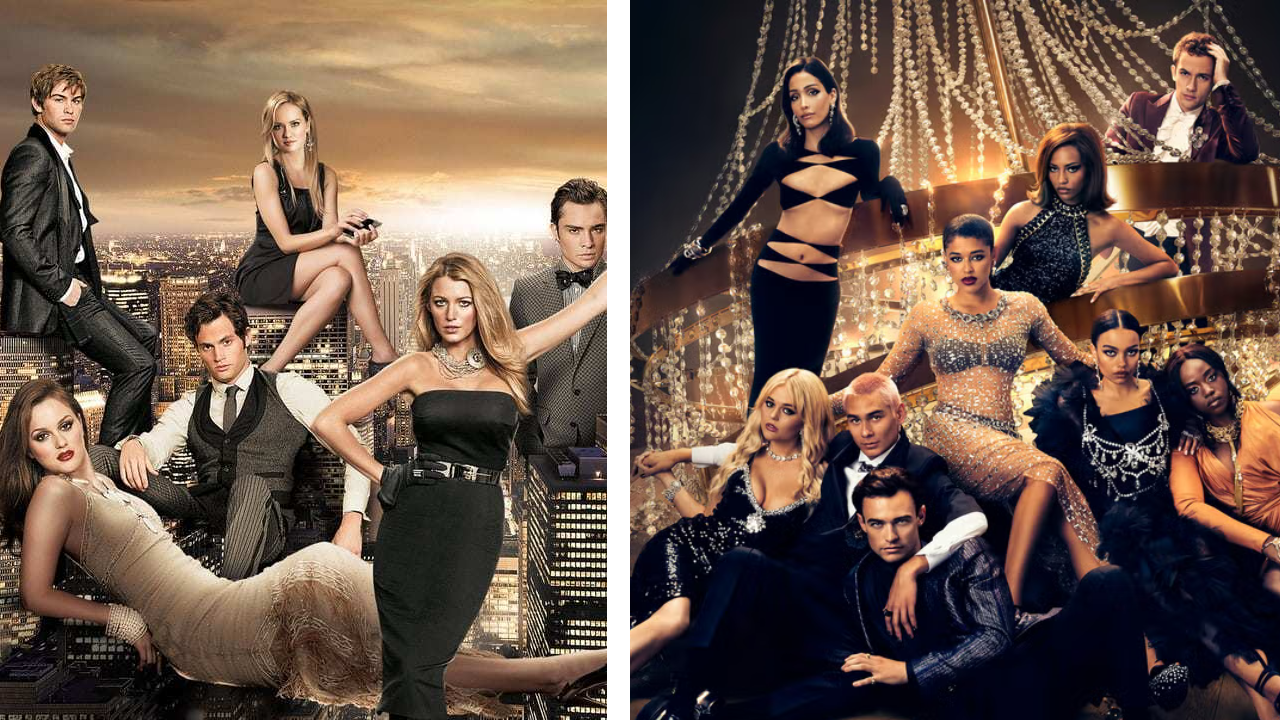
Style Without Substance: Missing the Glamour and Escapism
The original Gossip Girl succeeded, in large part, because it was aspirational escapism. It portrayed a world of Upper East Side excess and privilege that felt distant, dangerous, and endlessly watchable. Viewers didn’t tune in to Gossip Girl for realism. They tuned in for fantasy – the drama of it all. And that fantasy was nowhere to be found in the reboot.
It felt oddly “normal,” blending various themes without a standout vision. Much to its disadvantage, especially in a market crowded with teen dramas like Euphoria and Elite.
A Misfire In Cultural Translation
The original Gossip Girl debuted at a time when blogs were edgy, text messages were thrilling, and the idea of your secrets being leaked online was a novel horror. In contrast, the 2021 reboot dropped into a world where social media is omnipresent, oversaturated in portrayal, and digital gossip is so commonplace it’s lost its sting.
The reboot misunderstood what felt fresh about the original and mistook mere tech presence for cultural relevance. Gossip Girl wasn’t an ominous, culturally relevant force anymore; it was just another Instagram page.
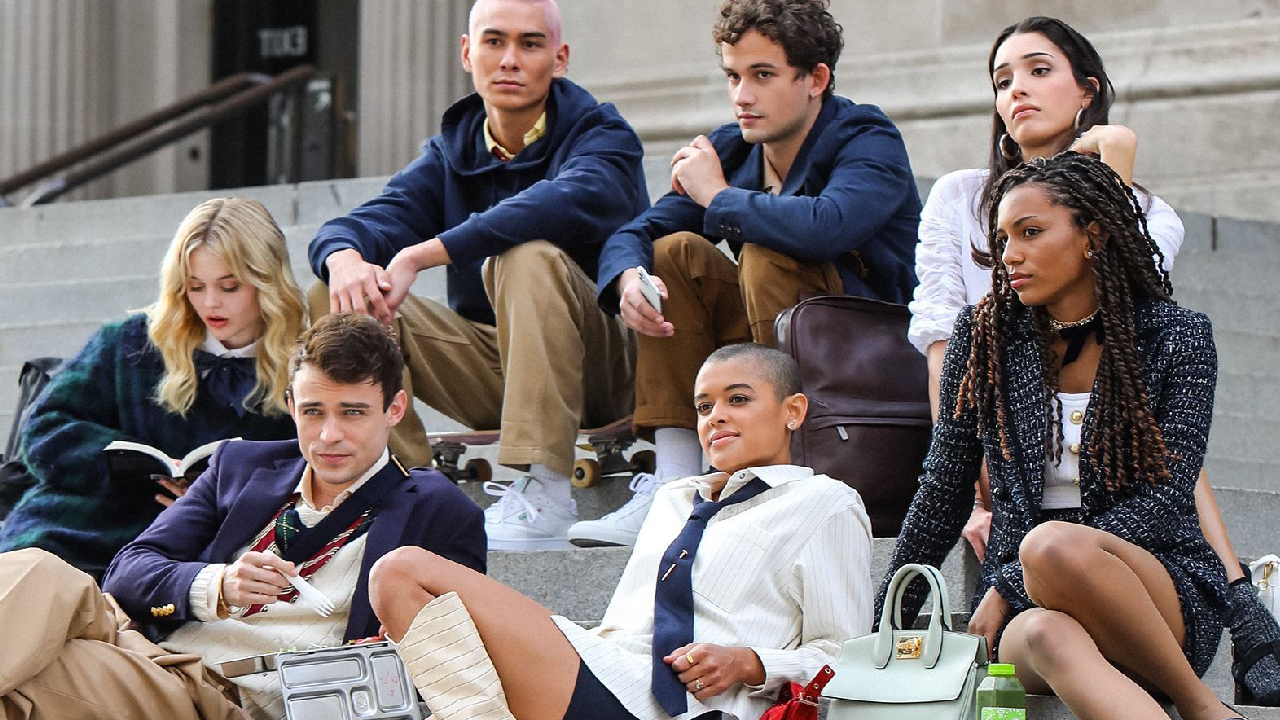
Dialogue That Talked At Gen Z, Not With Them
Another sore spot: the writing. The dialogue tried too hard to sound “current” and in doing so, came off as inauthentic and cringe-inducing. It didn’t reflect how actual teens talk, nor did it offer the wit and punch that made the original scripts so quotable.
The writers appeared to be speaking to what they think Gen Z cares about, rather than actually listening. The result? A show that felt like it was written by people who’ve only ever observed modern youth through secondhand caricatures, missing the actual nuance, humor, and complexity of a digitally native generation.
Tone Problems: Too Preachy, Not Punchy Enough
The reboot made a deliberate effort to be more socially aware, introducing conversations about privilege, gender identity, race, and sexual fluidity. But the writers did it in a way that many viewers found clumsy, badly informed or performative. Instead of organically integrating these issues, the show seemed more focused on ticking diversity boxes and teaching rather than entertaining.
In the original series, the characters were deeply flawed, even awful. They were indulgent, petty, manipulative – and that was the point. In the new reboot they tried to portray the characters as selfish, snobby kids, but on the other hand made their private dialogue so socially aware that it felt like a betrayal of their character.
A Contrast Of What The Good Reboots Get Right
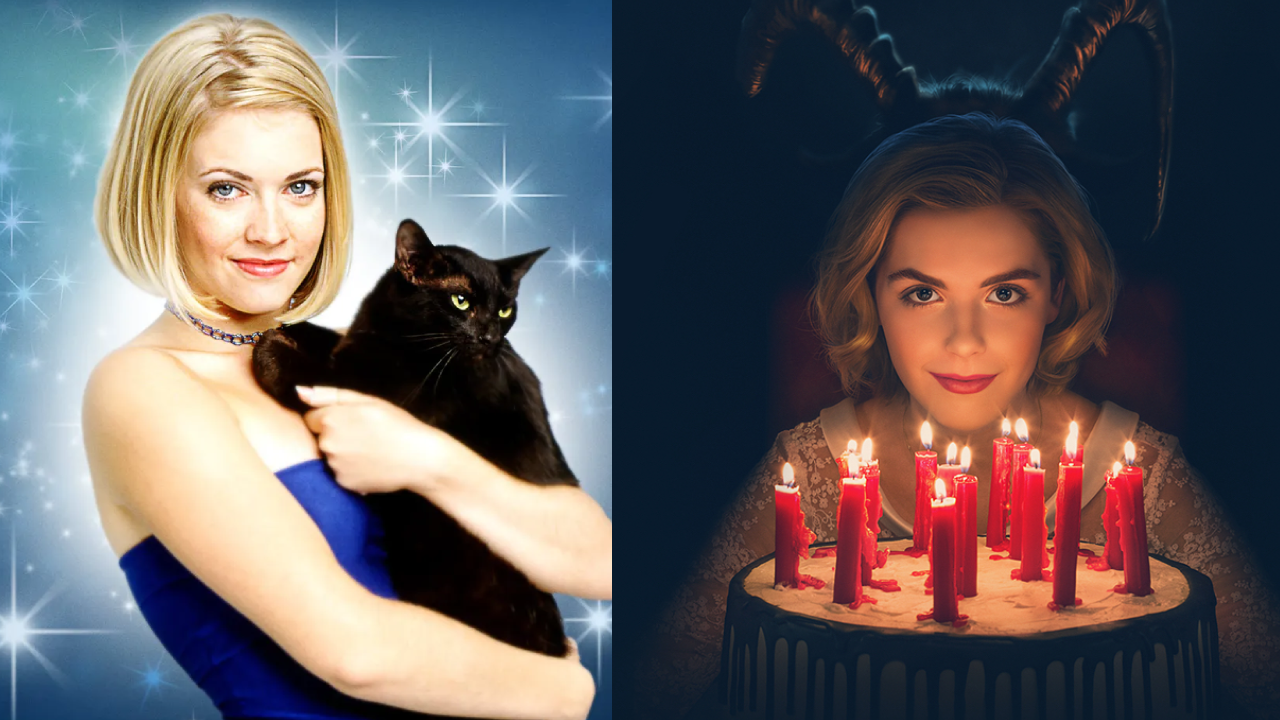
Not all reboots are doomed. Mad Max: Fury Road didn’t rehash old stories – it expanded the universe, guided by original creator George Miller. Casino Royale stripped Bond down to his brutal basics, offering a fresh take with emotional depth. And Chilling Adventures of Sabrina reimagined a light teen sitcom as a dark supernatural thriller, proving that with the right vision, reboots can thrive. Looking at these examples, we can get a good picture of what makes a reboot truly worth watching.
So what sets the successful ones apart?
- Strong creative leadership, standout actors and a fresh directorial vision
- A willingness to honor the spirit of the original while offering something new
- Authentic, lived-in storytelling instead of picking trending "buzzwords" to modernize the story
- A genuine reason to exist beyond profit
Nostalgia Just Isn’t Enough
In the end, a reboot needs more than a familiar name and a glossy new look.
Without heart, vision, and purpose, it’s just an echo – loud at first, but quickly fading into the background noise of an oversaturated market.
Retelling old stories is not a sin. Doing so without understanding why they mattered is.


































